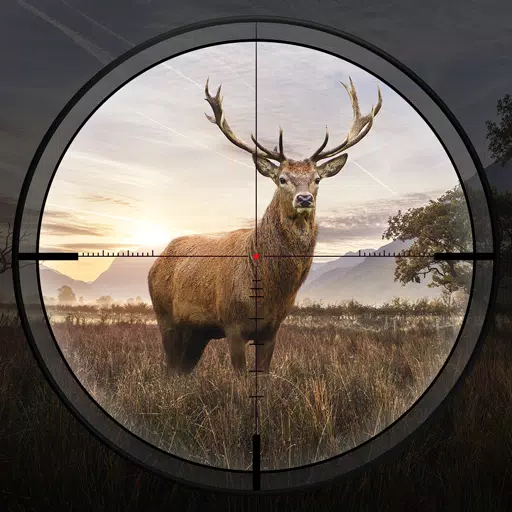Dracula. Frankenstein's monster. The Invisible Man. The Mummy.
And of course, the Wolfman.
These iconic monsters have evolved and adapted over time, defying singular interpretations while continuing to terrify audiences across generations. Recently, we've seen a new Dracula (in Nosferatu form) from Robert Eggers, Guillermo del Toro is crafting a fresh Frankenstein, and now writer-director Leigh Whannell offers his unique vision of the Wolfman.
But how does a filmmaker like Whannell capture modern audiences' attention with yet another werewolf film, especially one centered on the Wolfman? More broadly, as Whannell himself notes, how do any filmmakers revitalize these classic monsters, making them both frightening and pertinent today?
Gather your torches, prepare your wolfsbane, sharpen your stakes – and hone your ability to decipher the symbolic meaning within monster narratives – because we interviewed Whannell about the impact of classic monster movies on his work, his approach to resurrecting beloved creatures like the Wolfman in 2025, and why you should be excited!








